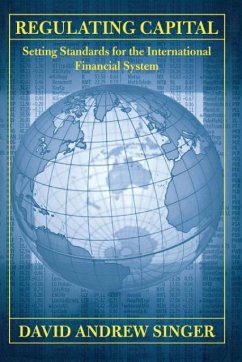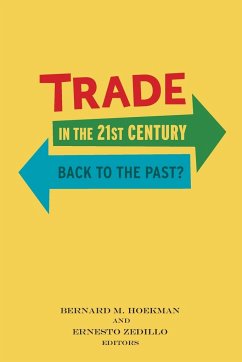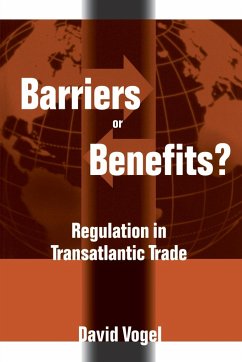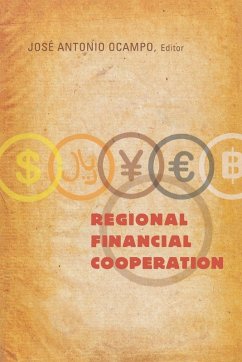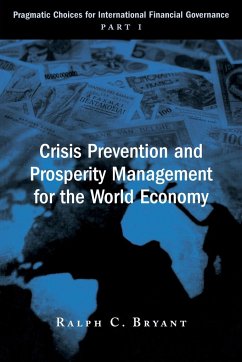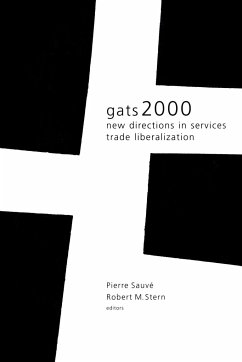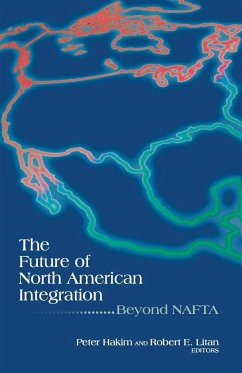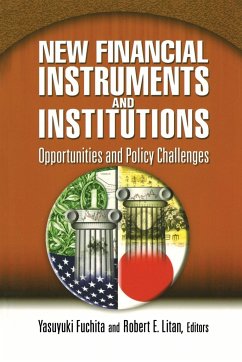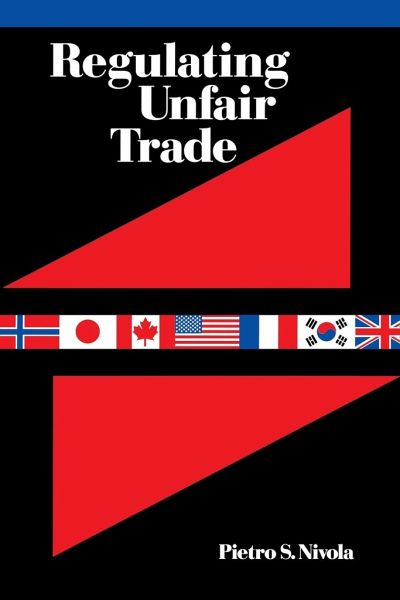
Regulating Unfair Trade

PAYBACK Punkte
14 °P sammeln!
" In the early 1980s, American complaints about unfair trade practices began to intensify. Sunrise industries, such as manufacturers of semiconductors and telecommunications equipment, joined older complainants, including steel and textile producers, in seeking more safeguards against international competitors who priced their products too aggressively or whose governments subsidized exports or protected home markets. In this politically charged atmosphere, the U.S. government has devised increasingly stringent regulatory programs to address the claimed abuses and distortions. In this book, Pi...
" In the early 1980s, American complaints about unfair trade practices began to intensify. Sunrise industries, such as manufacturers of semiconductors and telecommunications equipment, joined older complainants, including steel and textile producers, in seeking more safeguards against international competitors who priced their products too aggressively or whose governments subsidized exports or protected home markets. In this politically charged atmosphere, the U.S. government has devised increasingly stringent regulatory programs to address the claimed abuses and distortions. In this book, Pietro Nivola examines the strenuous effort to combat the objectionable trading practices of other countries. Through most of the postwar period, Nivola notes, policymakers had deemed it in the nation's economic and strategic interests to tolerate asymmetries and infractions in the international trading order. But that tolerance has been sharply lowered by heightened sensitivity to inequities, and a growing conviction that government should intervene, frequently and forcefully, to ensure a ""level playing field."" The book maintains that foreign protectionism lower East-West tensions, and alleged American decline in the face of international competition cannot fully explain the stiffening regulation of unfair trade. The world trading system, Nivola contends, is not more restrictive now than it was earlier. Cries about foreign commercial transgressions in recent years have remained shrill despite a formidable U.S. export boom and an improved current account valance. Much of the U.S. regulatory activity has acquired a political momentum of its own. The activity has increased not just because global competitive pressures have generally intensified but because we have developed more ways and inducement to complain about those pressures. Nivola cautions that trade regulations now bears too much of the burden for ameliorating economic imbalances and deficiencies. The tendency a"





